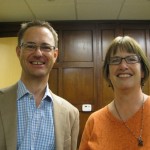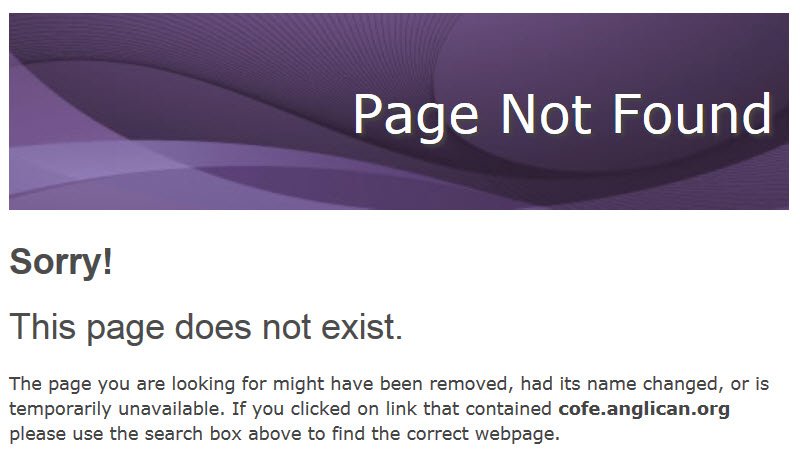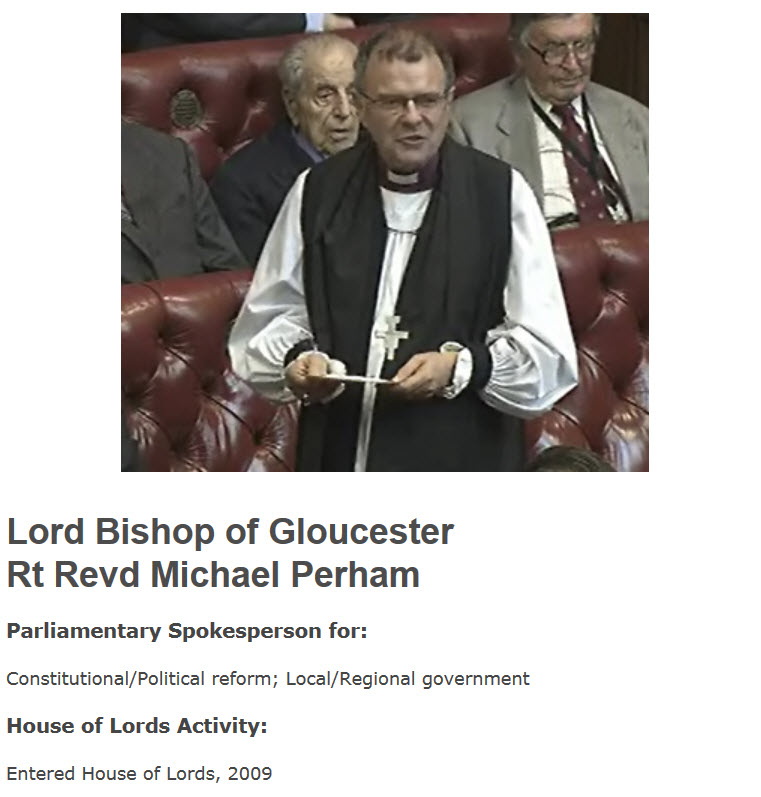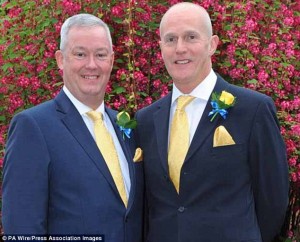From here:
The Archbishop of Canterbury has said it is “embarrassing” that posts in the Church of England are being advertised for less than the living wage despite the Church’s declared commitment to the principle.
[….]
The living wage commitment was included in the controversial bishops’ pastoral letter, ‘Who is my Neighbour?’, released last week.
Speaking at a conference in Birmingham today for business and Church leaders, the Archbishop of Canterbury said that the revelation was “embarrassing”. However, the Press Association reported: “But in the light of transparency, which I welcome, I will say we are a complex institution and every parish church and cathedral is an independent charity, as is every diocese.“We don’t have a centralised method of control.
“I’m not very keen on centralised control where, from far away, you tell people what to do.”
If only Welby took the same view when it comes to the government. The Pastoral Letter issued by Church of England Bishops expends a torrent of verbiage on telling everyone what to do – when it isn’t waxing lyrical on the virtues of centralised control.
As it happens, I reported on the Church’s stingy salaries in July 2014, so Welby has no excuse for being unaware of this: he just needs to read Anglican Samizdat.





 From
From